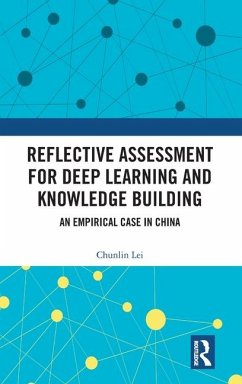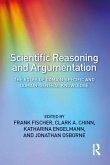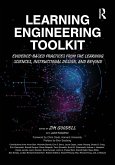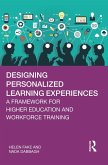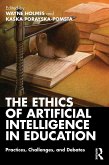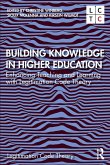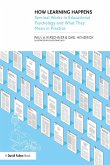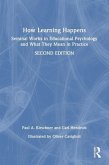Knowledge building aims to transform schools into learning communities and bring knowledge creation into schools. The book therefore elaborates on how learning, technology, and assessment can be aligned both online and offline to facilitate such a process.
Adopting a quasi-experimental design and drawing on rich data from forum discussions, questionnaires, interviews, learning outcomes, and classroom presentations, this book shows that the knowledge building environment, augmented by reflective assessment and principles, helped Chinese students to develop a deeper approach to learning, improved academic performance, and promoted collective knowledge advances. The book also discusses the potentials and challenges of designing technology-supported, assessment- and principle-based learning environments in tertiary contexts, especially when deep learning and knowledge building capacity are greatly emphasised in the knowledge era.
The book will be of interest to scholars and educators working in learning sciences and computer-supported collaborative learning.
Adopting a quasi-experimental design and drawing on rich data from forum discussions, questionnaires, interviews, learning outcomes, and classroom presentations, this book shows that the knowledge building environment, augmented by reflective assessment and principles, helped Chinese students to develop a deeper approach to learning, improved academic performance, and promoted collective knowledge advances. The book also discusses the potentials and challenges of designing technology-supported, assessment- and principle-based learning environments in tertiary contexts, especially when deep learning and knowledge building capacity are greatly emphasised in the knowledge era.
The book will be of interest to scholars and educators working in learning sciences and computer-supported collaborative learning.

